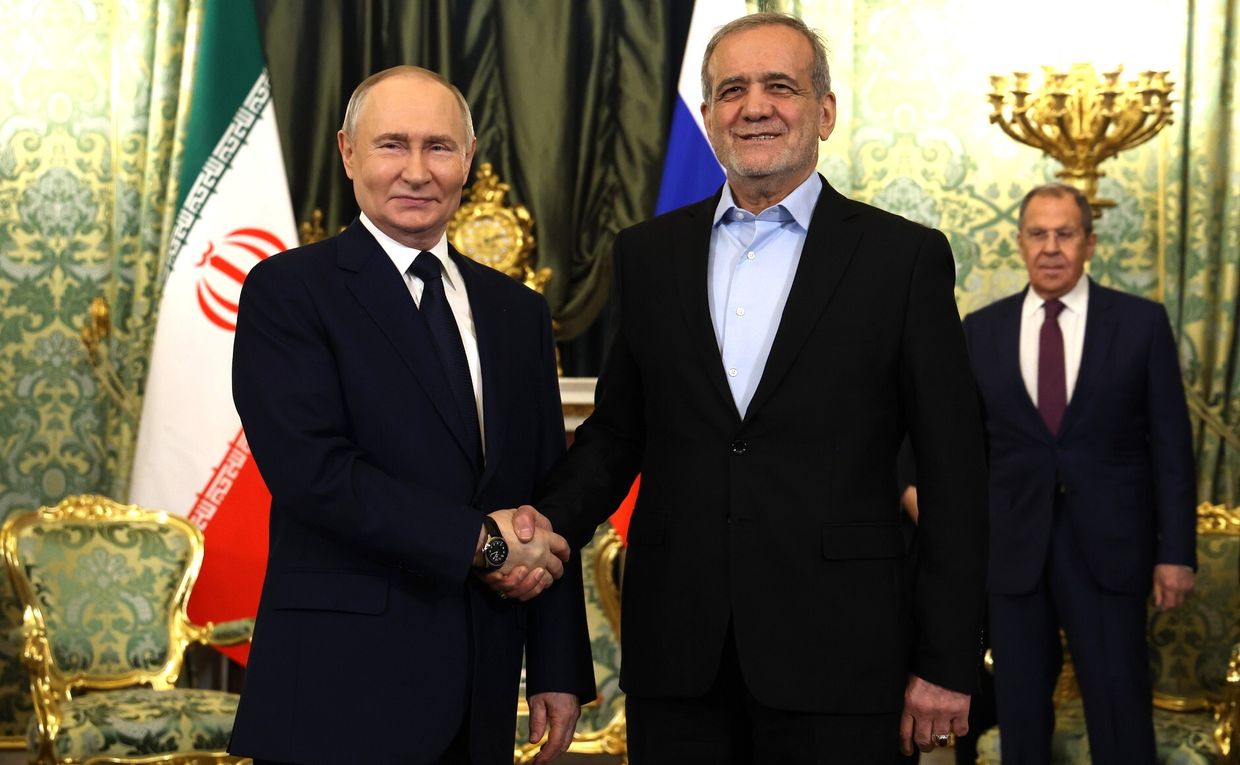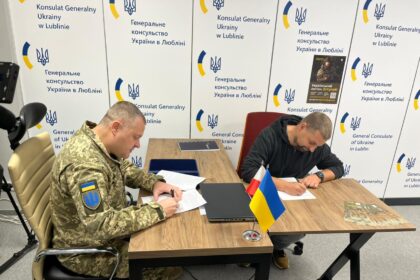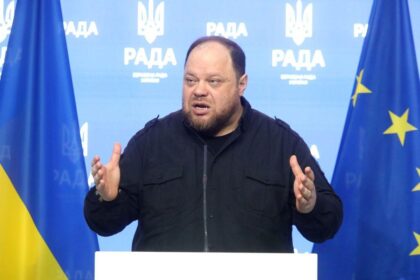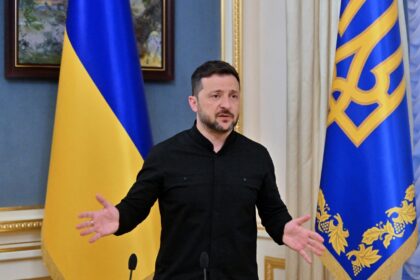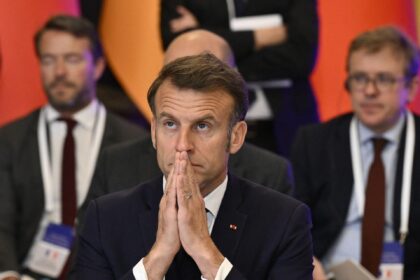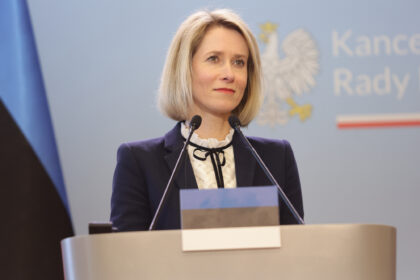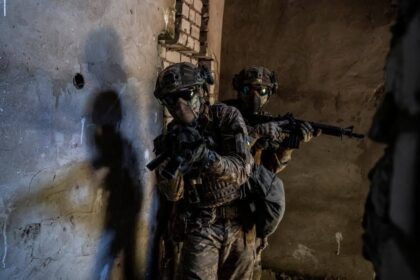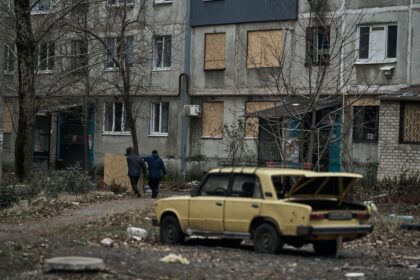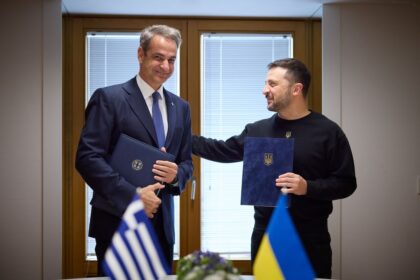**Russian and Iranian Leaders Strengthen Ties Amid Global Pressure**
Russian President Vladimir Putin has signed a law ratifying a comprehensive strategic partnership agreement with Iran. The deal, which was initially signed on January 17, aims to bolster bilateral relations across key sectors, including investment, transport, logistics, and humanitarian efforts.
According to the Kremlin, the agreement seeks to address pressing regional and global issues while preventing either country from providing assistance to any third party involved in military conflict with the other. This move is seen as a response to increasing geopolitical pressure from the West, particularly since Russia’s full-scale invasion of Ukraine in 2022.
Iran has been supplying Moscow with thousands of Shahed drones used in attacks on Ukrainian infrastructure, as well as short-range ballistic missiles. With Iranian assistance, Russia has begun producing its own variants, known as Geran-2. This partnership has strengthened ties between the two countries significantly since 2022.
**Russia’s Growing Alliances**
This ratification follows a similar move by Putin in June 2024, when he signed a defense-oriented partnership agreement with North Korea. That pact included mutual military support clauses and has since seen Pyongyang reportedly dispatch up to 12,000 troops to Russian territory to help defend against Ukrainian cross-border operations.
The Kremlin views these alliances as essential for countering Western influence and maintaining its global position. The strategic partnerships with Iran and North Korea are seen as a way to offset the effects of economic sanctions and diplomatic isolation imposed by the West in response to Russia’s actions in Ukraine.
**Ukraine and NATO**
Meanwhile, tensions between Russia and Ukraine remain high. Ukrainian President Volodymyr Zelensky accused Russia of nearly 3,000 ceasefire violations during the supposed Easter truce. The United States has also been engaged in efforts to strengthen ties with Ukraine, including through joint military exercises and arms supplies.
However, U.S. Defense Secretary Pete Hegseth shared details of attacks on Yemen, sparking controversy and raising questions about the role of Western powers in regional conflicts. This move is seen as part of a broader effort by Russia to counterbalance Western influence in the region.
**Global Developments**
The ratification of the strategic partnership agreement between Russia and Iran has significant implications for global geopolitics. The strengthening ties between Moscow and Tehran will likely lead to increased cooperation on key sectors, including energy, defense, and regional infrastructure projects.
As the world grapples with ongoing conflicts in Ukraine, Yemen, and other regions, the formation of these alliances reflects a deeper desire by nations to assert their influence and secure their interests.




